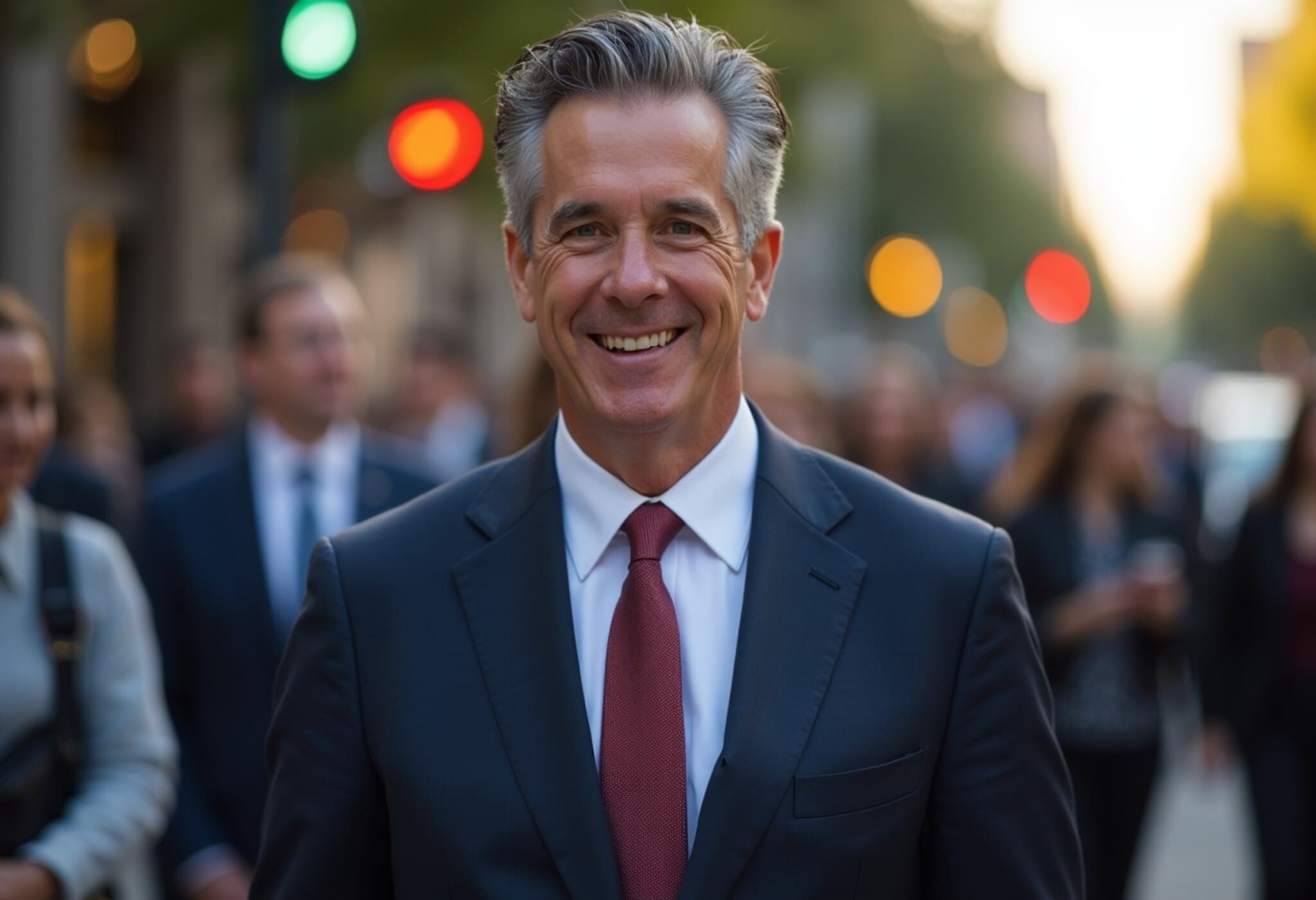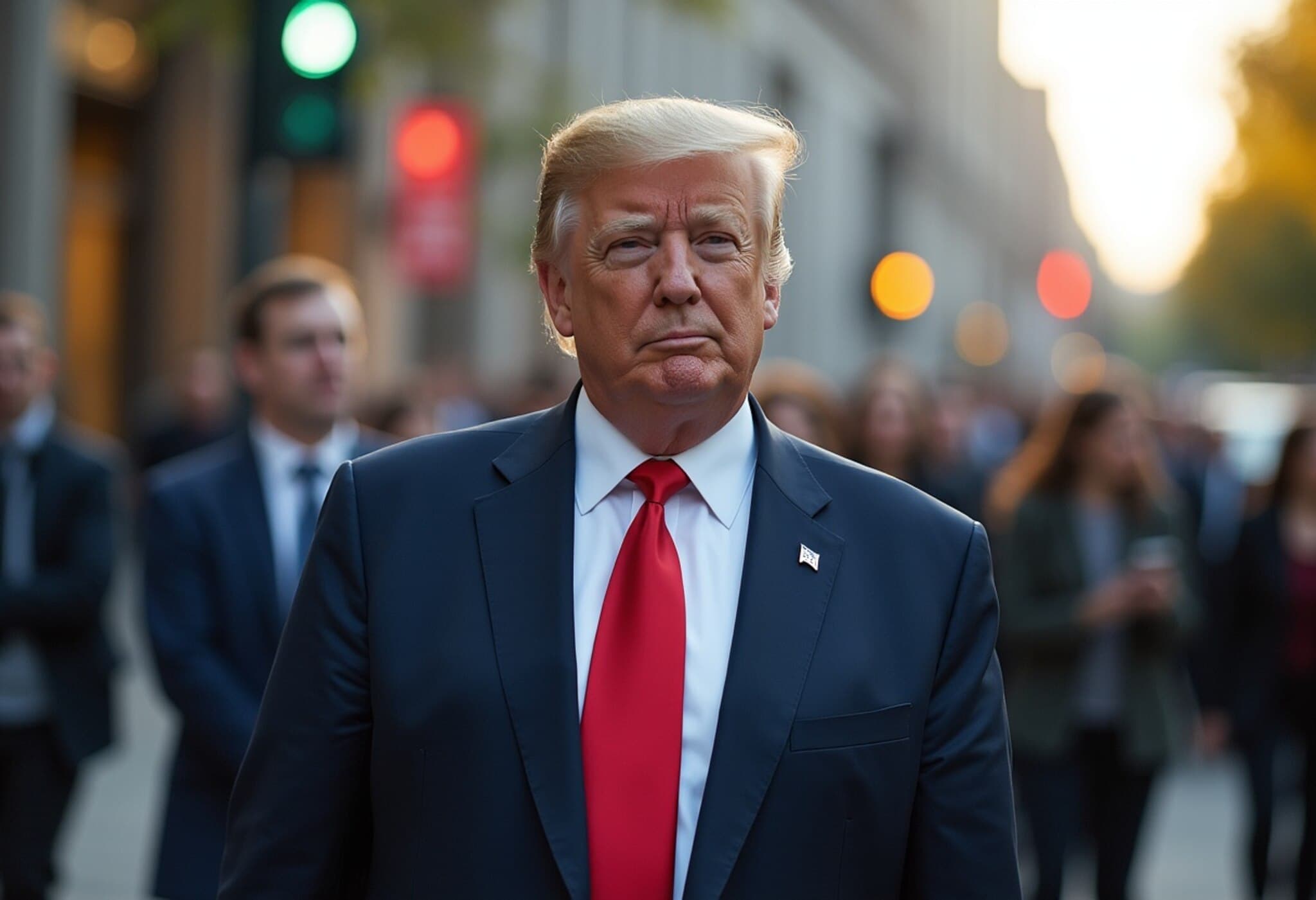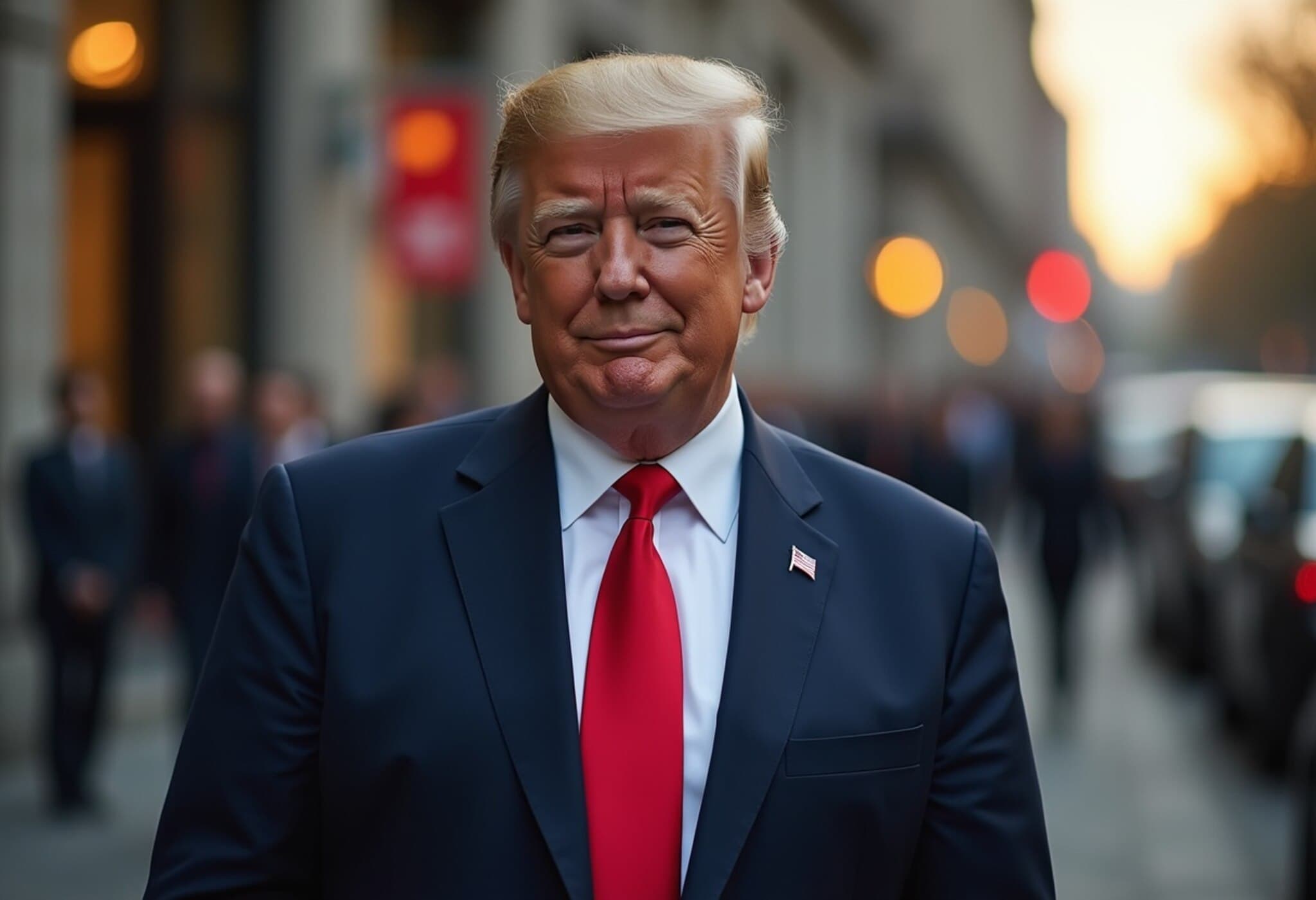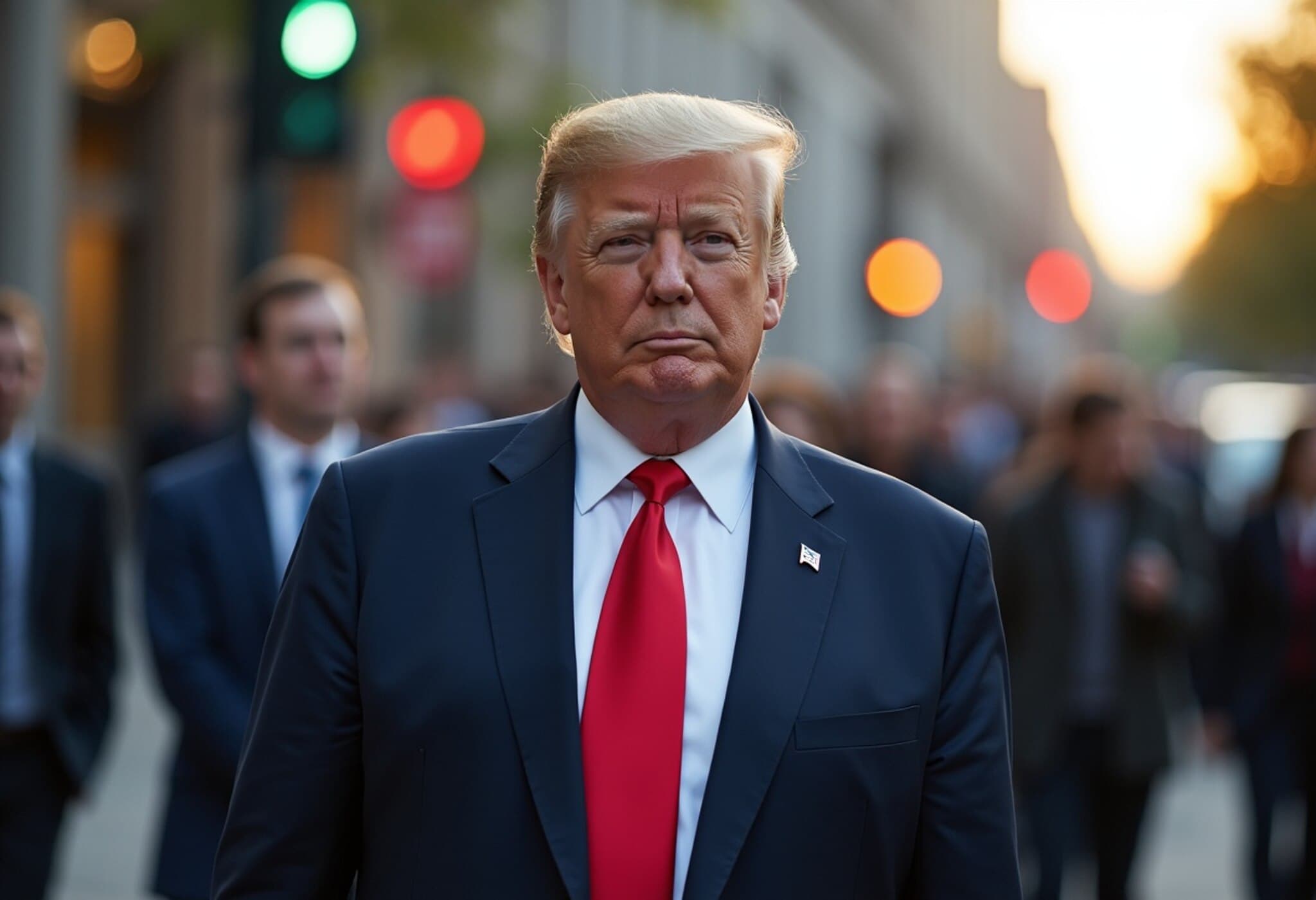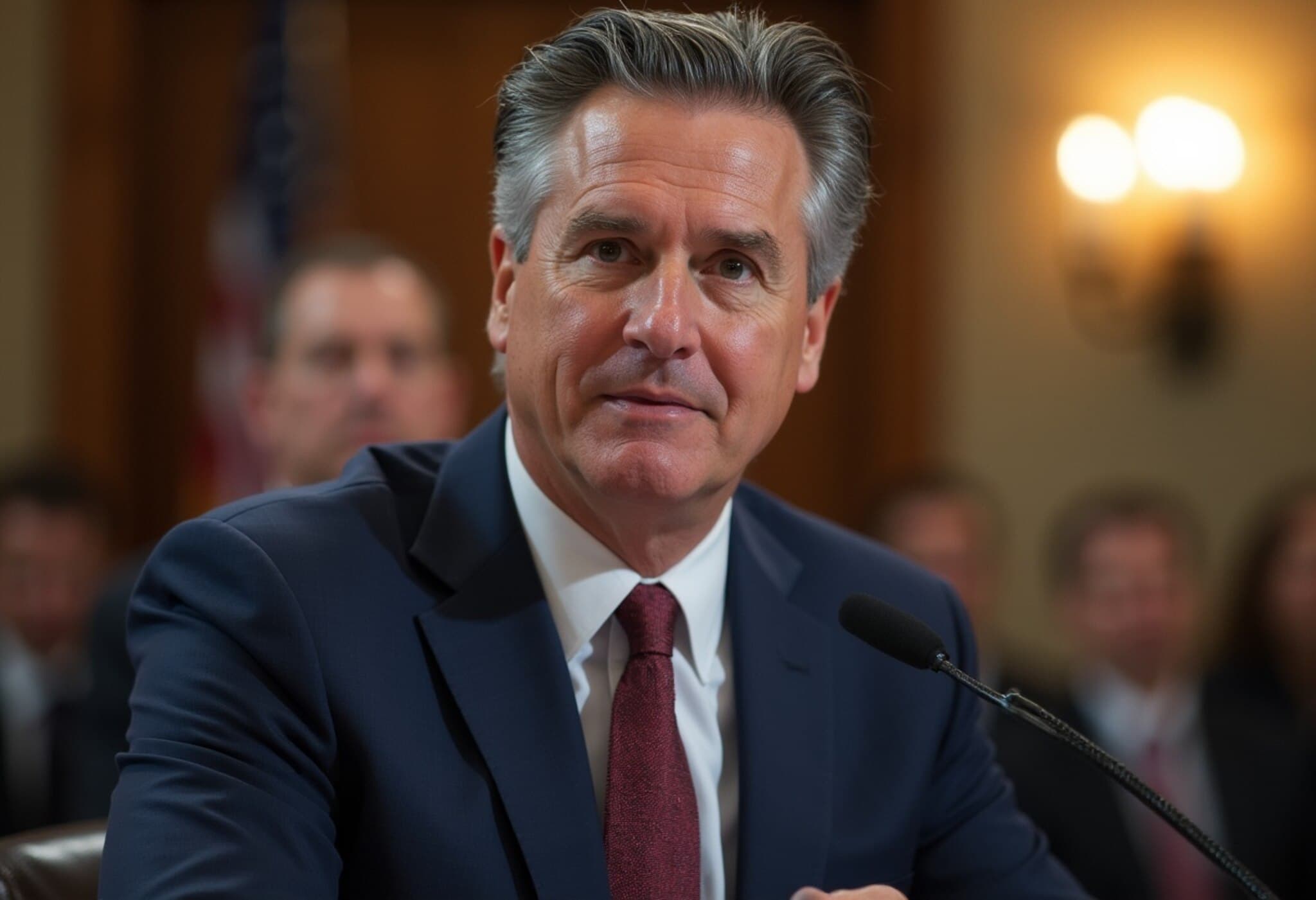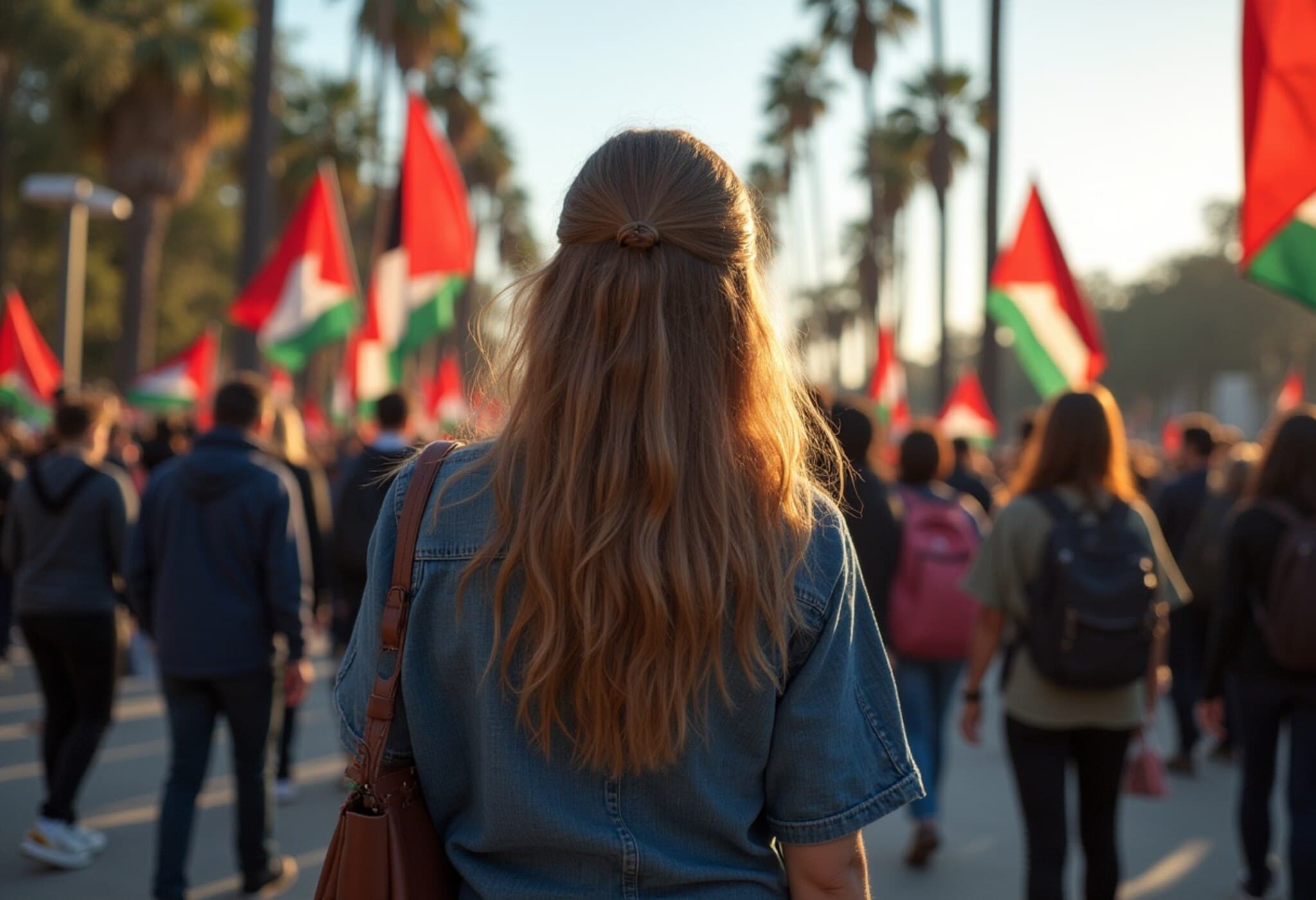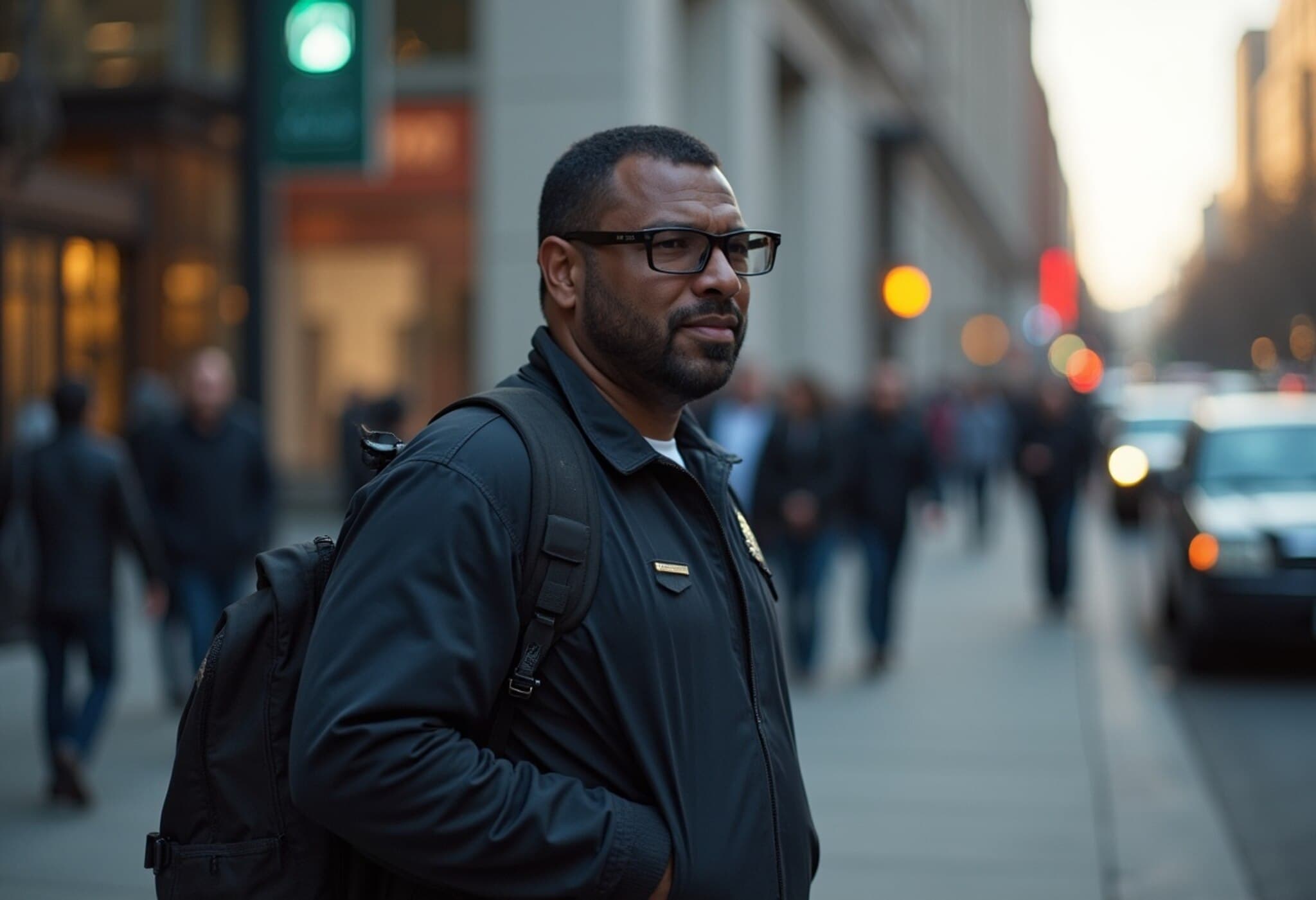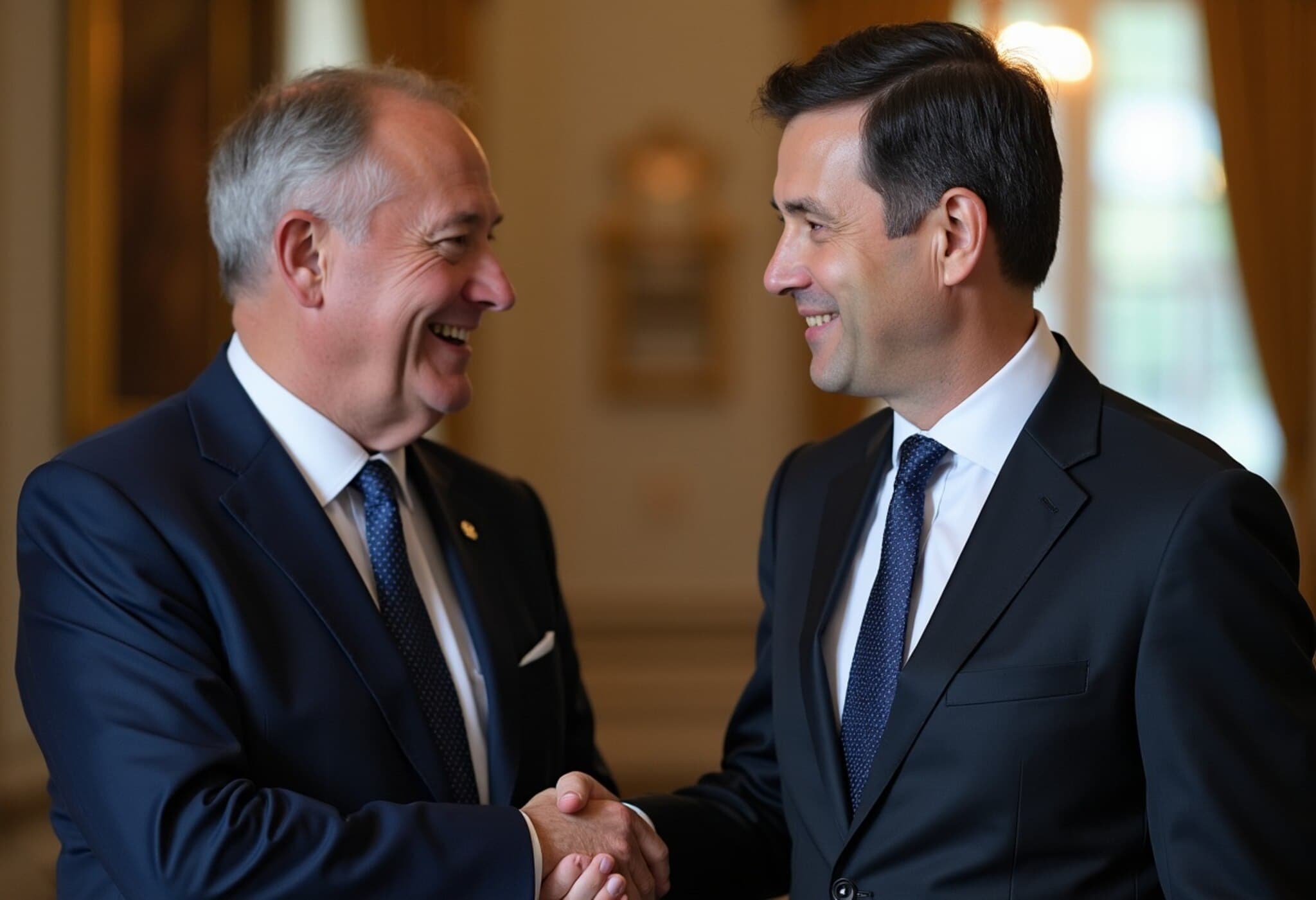California Governor Newsom Condemns Trump’s $1 Billion Settlement Demand
In a sharply worded response, California Governor Gavin Newsom denounced a recent demand by the Trump administration for the University of California, Los Angeles (UCLA) to pay a staggering $1 billion settlement. Newsom described the move as political extortion, asserting that the state will not capitulate to what he characterizes as an abuse of federal power.
Federal Funding Frozen Amid Campus Protests
The dispute began when the Department of Education, under the Trump administration, froze approximately $584 million in federal funding to UCLA, citing concerns over the university’s handling of pro-Palestinian protests on campus. The federal government alleges that these protests fostered an environment allowing antisemitism to take root, infringing on the civil rights of Jewish and Israeli students.
This freeze threatens vital medical and scientific research projects, placing serious financial strain on UCLA’s academic mission. Chancellor Julio Frenk warned in a letter to staff and students that the university’s reputation and future research capabilities are at stake as the funding remains suspended.
Newsom Calls the Demand a “Political Shakedown”
Governor Newsom’s office released a statement accusing former President Donald Trump of weaponizing the Department of Justice to cripple a leading public university system. “Donald Trump has weaponized the DOJ to kneecap America’s #1 public university system—freezing medical & science funding until UCLA pays his $1 billion ransom,” the statement read.
Newsom further emphasized, “California won’t bow to Trump’s disgusting political extortion. This isn’t about protecting Jewish students—it’s a billion-dollar political shakedown from the pay-to-play president.” This rhetoric reflects escalating tensions between state leadership and the federal government over educational and civil rights policies.
Legal and Social Complexities Behind the Controversy
While the government links the protests to antisemitism, several protestors, including some Jewish advocacy groups, argue that their demonstrations criticize Israeli government policy and military actions rather than Jewish identity or religion. This distinction is crucial in the broader debate over free speech and allegations of antisemitism on college campuses.
In a related development, UCLA previously settled a lawsuit for $6 million brought by students and a professor who claimed they faced antisemitic hostility on campus, illustrating the university’s ongoing struggle to balance competing rights and perspectives.
Contextual and Policy Implications
- Federal Funding Politics: The freeze of federal research dollars over campus protests underlines how political disputes can directly impact higher education funding, with long-term consequences for scientific innovation and public health advancement.
- Free Speech versus Hate Speech: This case highlights the fine line universities must navigate between protecting free expression and combating discrimination—an increasingly contentious issue in American campuses and politics.
- The Role of State Leadership: Newsom’s defiant stance exemplifies how state governments may push back against federal actions perceived as politically motivated, reflecting broader tensions in U.S. federalism.
Expert Commentary
Professor Laura Michaels, a specialist in education law, notes, “This situation exposes inherent challenges in how universities manage protests while complying with federal anti-discrimination laws. It also raises critical questions about whether federal funding should be contingent on political and ideological conformity.”
What’s Next?
UCLA remains in negotiations with the Department of Education to resolve the funding impasse. The outcome will not only determine the university’s immediate financial future but may set a precedent for federal intervention in higher education tied to campus activism.
Editor’s Note
This episode serves as a striking example of the intersection between politics, education, and civil rights in contemporary America. It raises pressing questions about the balance between safeguarding free speech and combating bigotry on campuses, the politicization of federal funding, and the resilience of public institutions amidst partisan battles. As this story unfolds, it will be crucial to watch how universities, state leaders, and the federal government navigate these competing priorities.

